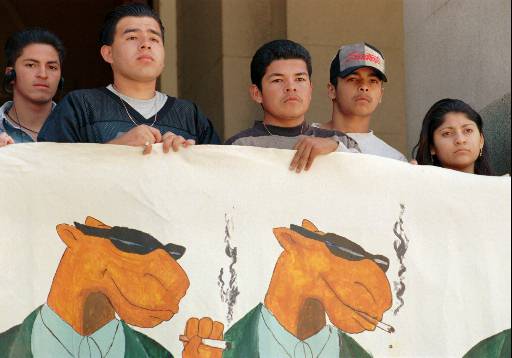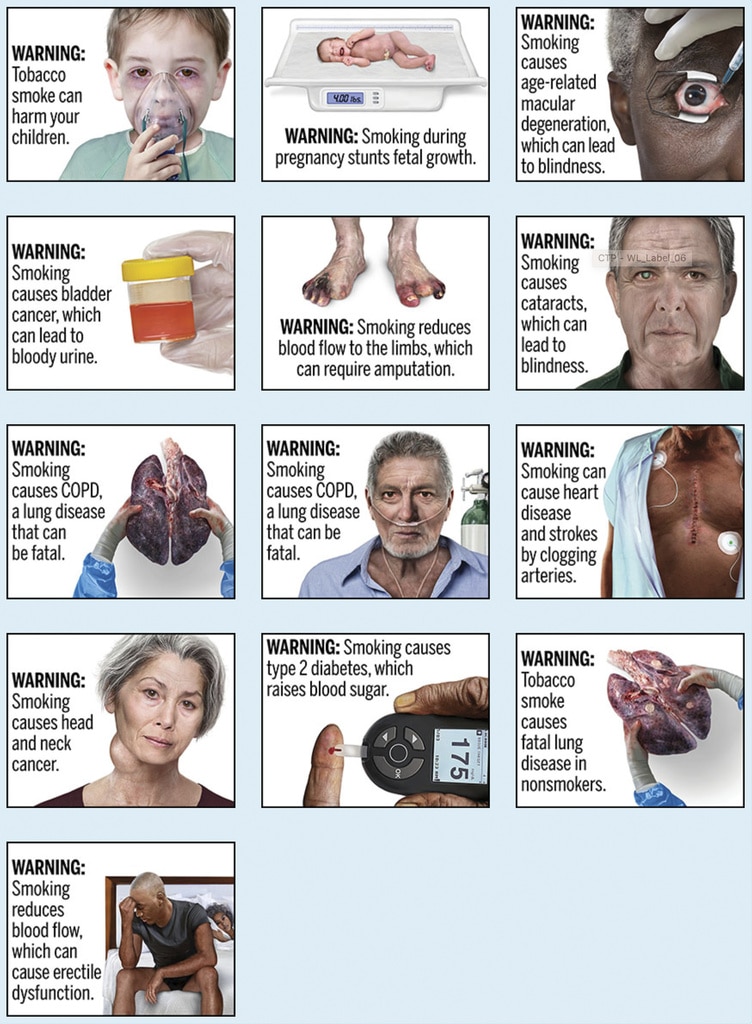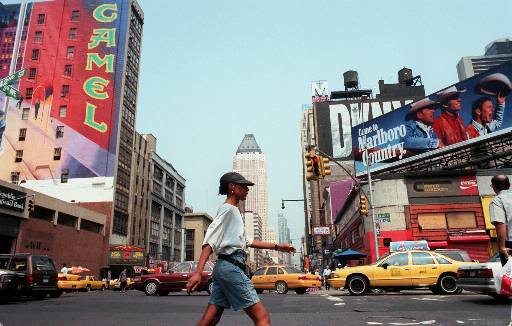As tobacco companies have learned, when making statements to the public about products, there are limits to the free speech protections afforded under the First Amendment.
Tobacco companies engage in a form of speech every day. For example, their advertising and marketing campaigns to sell their products represent a classic form of commercial speech.
Through labeling, tobacco companies make statements about the nature and effects of their products. During the 1990s, more than 40 states filed suit against major tobacco companies for several forms of misconduct, some involving speech regarding the health risks of their product. This controversy has, in turn, led to increased laws on tobacco advertising that the industry has challenged through the years on free speech grounds.
Lawsuits alleged that tobacco advertising was false
The lawsuits in the 1990s, coordinated by the states’ attorneys general, alleged first and foremost that the tobacco companies had engaged in false advertising by neither disclosing information about health effects that could result from the regular use of tobacco products nor discussing the potentially addictive nature of tobacco products. The attorneys general also challenged certain advertising campaigns, such as the Marlboro Man and Joe Camel. They alleged that the Joe Camel cartoon character living a decadent life of wealth and fame in the company of beautiful women targeted minors.
In settling with the various states in the so-called Master Settlement Agreement, the tobacco companies made a series of commitments, including the abandonment of advertising campaigns like Joe Camel and the production of public service announcements on the potentially hazardous nature of smoking.

In this photo, high school students from Sacramento, Calif., stage a rally at the Capitol Thursday April 10, 1997, to support a resolution urging elimination of “Joe Camel” advertisements. (AP Photo/Bob Galbraith)
Through the settlement, the states achieved an outcome that effectively prohibited tobacco companies from undertaking certain forms of speech while simultaneously compelling the companies to undertake certain other forms of speech, such as warning consumers about the health effects of their products.
The irony for the the cigarette companies is that the controversy has led to greater restrictions on their advertising in an era when the Supreme Court has afforded greater free speech protections for commercial speech.
For example, in Lorillard Tobacco Co. v. Reilly (2001) the Supreme Court struck down various restrictions on cigar and smokeless tobacco products on First Amendment commercial free speech grounds.
Congress updates warning requirements for tobacco advertising, cigarette boxes
In 2009, Congress enacted the Family Smoking Prevention and Tobacco Control Act, which revised the required warnings that must be put on cigarette packages and advertising to included color graphics, replacing the text-based Surgeon General's warnings. Cigarette companies challenged the law as unconstitutional on its face under the First Amendment, but were unsuccessful.
The U.S. Food and Drug Administration then established rules for the new advertising that included images such as pictures of smoke-damaged lungs and feet blackened by diminished blood flow. The rule drew an as-applied challenge by the tobacco companies, alleging violation of their free speech rights.
But in 2024, a panel of the 5th Circuit U.S. Court of Appeals rejected the tobacco companies' claims in R J Reynolds Tobacco v. FDA, saying that the required warnings were both factual and non-controversial.

FILE - This image provided by the U.S. Food and Drug Administration, Thursday, Aug. 15, 2019, shows proposed cigarette warning labels. In 2024, a panel for the 5th Circuit Court of Appeals upheld the requirement of the images, turning back a First Amendment challenge by tobacco companies. (FDA via AP, File)
This article was written by Keith R. Wesolowski, an attorney who has worked in First Amendment law, and was originally published in 2009. It was updated in 2024 by Deborah Fisher, director of the John Seigenthaler Chair of Excellence in First Amendment Studies.

